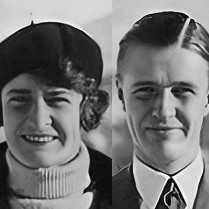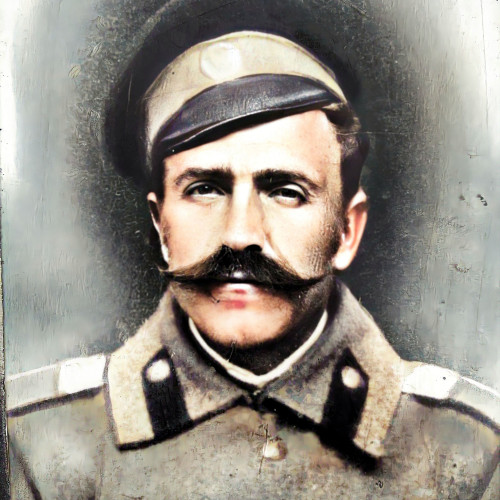Recipients - Person - Instytut Pileckiego
See also
- Erzsébet Szápáry (1902-1980) Antal Szápáry (1905-1972)

awarded
Erzsébet Szápáry (1902-1980) Antal Szápáry (1905-1972)
Erzsébet and Antal Szápáry came from a famous family of Hungarian aristocrats. Their mother, Maria Przeździecka, was a Pole, and this fact had a bearing on their involvement in relief activities for Polish refugees after 1939.
- Antoni Nagórka (1901—1977)

awarded
Antoni Nagórka (1901—1977)
Antoni and Władysława Nagórka lived at the edge of the town. Before the war, Antoni worked for the railways, and Władysława was a housewife. During the war they saved five Jews from the Holocaust.
- Trofim Danieluk

awarded
Trofim Danieluk
(1880–1960)“Upon realizing the danger I was in, Ifled and hid among potato shoots. I owe my life to Trofim Danieluk, who said I hadn’t been home for the last three days, when asked by the murderers from the Ukrainian Insurgent Army” – reported Władysław Zubkiewicz.


